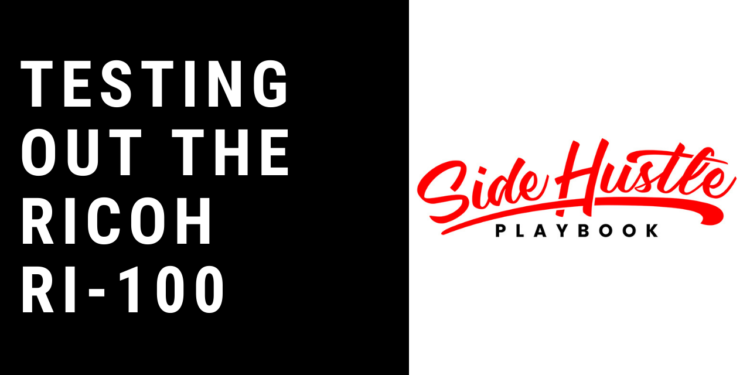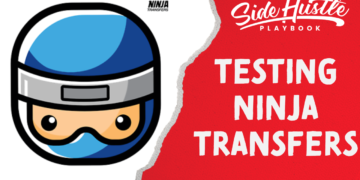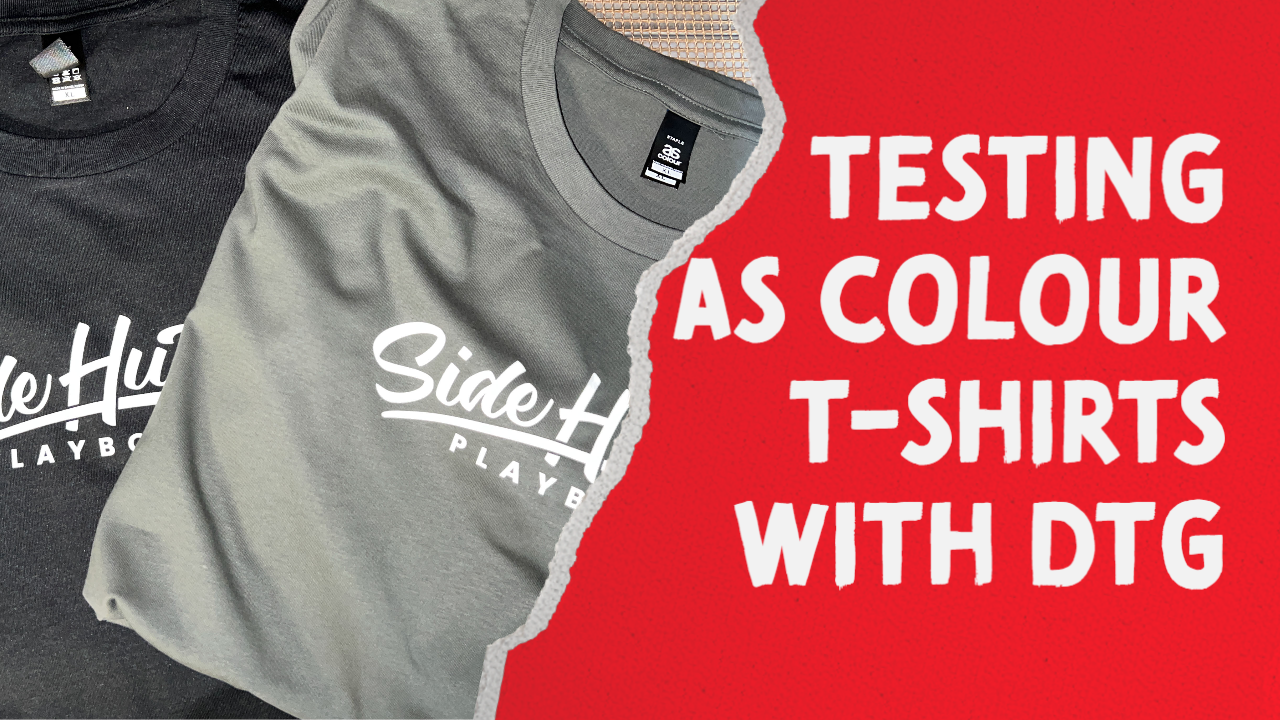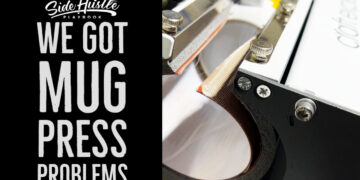In our last video, we discussed a significant decision for our business—bringing more of our day-to-day printing operations in-house, a move that we approached cautiously but felt was necessary to improve delivery times and quality. While print-on-demand (POD) is still part of our strategy, handling printing internally gives us more control over our branding and the customer experience.
Why We Made the Move
This decision wasn’t made on a whim. We evaluated the numbers, considering how many shirts we sell per month, and weighed the pros and cons of the in-house printing process. After careful consideration, we decided to invest in the RICO RI 1000 Direct-to-Garment (DTG) printer, a mid-range option that fits within our budget and offers great flexibility.
We also consulted with industry peers who had experience using the RICO RI 1000 and its successor, the RI 2000, to ensure it was the right choice for us. The feedback was positive, but as with any piece of equipment, regular maintenance is critical. This isn’t the kind of printer you can set up and forget about. There are daily, weekly, and monthly maintenance routines that need to be followed to keep the machine in top shape.
Choosing the Right Printer
If you’re exploring the idea of adding a DTG printer to your operation, it’s important to do your homework. There are many options out there at various price points, from high-end industrial machines costing hundreds of thousands to more budget-friendly models like the RI 1000. One key consideration is the availability of an extended warranty. Though the upfront cost of this warranty may seem high, it could save you from expensive repairs later—especially if something like the print head, which is often the most costly part to replace, breaks down.
Another factor to consider is the support that comes with the printer. Some companies offer on-site support, while others require you to send the machine in for repairs. With the RICO, for instance, on-site support isn’t offered, which is something I wish I had researched more thoroughly before making the purchase. Thankfully, their customer support has been responsive and helpful whenever we’ve run into issues.
Getting to Know the Equipment: The Learning Curve
Transitioning to in-house printing hasn’t been without its challenges. Even though I did plenty of research and watched countless tutorials, there was still a steep learning curve once we actually started using the printer. From learning how to operate the Fusion IQ Heat Press to mastering the Pearl Pre-Treat Machine, there’s been a lot to absorb.
For those unfamiliar with the pre-treat process, this step involves applying a coating to the shirt that helps the ink adhere properly. One of our goals has been to find a pre-treat that provides a good feel to the shirt without leaving a patchy or stiff texture. We’ve been experimenting with a few different pre-treats, such as Firebird FBX 100 and Image Armor, to see which one works best for our shirts.
Fine-Tuning the Process
One of the most important lessons we’ve learned so far is that every shirt, design, and environment requires some level of testing and adjustment. We initially thought we’d offer a wide variety of shirt options, but we’ve since narrowed our focus to a few specific styles, such as Bella+Canvas 3001s for standard tees and Anvil 880s for women’s shirts. As we continue testing, we’ll likely expand our offerings, but for now, sticking to a smaller selection ensures we can deliver high-quality, consistent results.
It’s been a process of trial and error, especially when it comes to pre-treating and curing the shirts. There’s a lot that can go wrong, from under-treating, which results in faded prints, to over-treating, which can cause cracking. We’ve also encountered issues like fibers coming through prints or white ink not applying as thickly as we’d like. Each challenge has taught us something new, and we’re documenting everything to make the process smoother in the future.
Advice for Aspiring DTG Printers
If you’re considering adding a DTG printer to your side hustle or small business, here are some things to keep in mind:
- Maintenance is essential. You’ll need to perform daily, weekly, and monthly maintenance to keep the machine running smoothly. If this sounds daunting, DTG may not be the right choice for you.
- Be prepared for a learning curve. Even with all the research in the world, there will still be unexpected challenges. Budget time for testing and refining your process.
- Don’t skip the extended warranty. The cost of a new print head or other major repairs can be steep, so consider an extended warranty as an investment in your business.
- Test, test, test. Every shirt and pre-treat combo is different, so be prepared to run plenty of tests to ensure your designs come out perfectly.
- Start small. Focus on a few key shirt styles and expand your offerings as you get more comfortable with the process.
Looking Forward
We’re still in the early stages of this journey, but we’re optimistic about the potential for in-house printing to improve our business. We’ll continue to share our experiences as we refine our process and learn more about the RI 1000. If you have any questions or tips for other DTG printers, especially if you’re using the RICO RI 1000, drop a comment below. We’re always open to learning new techniques and improving our workflow.
Thanks for reading, and be sure to check back next week for more updates on our printing adventure!










